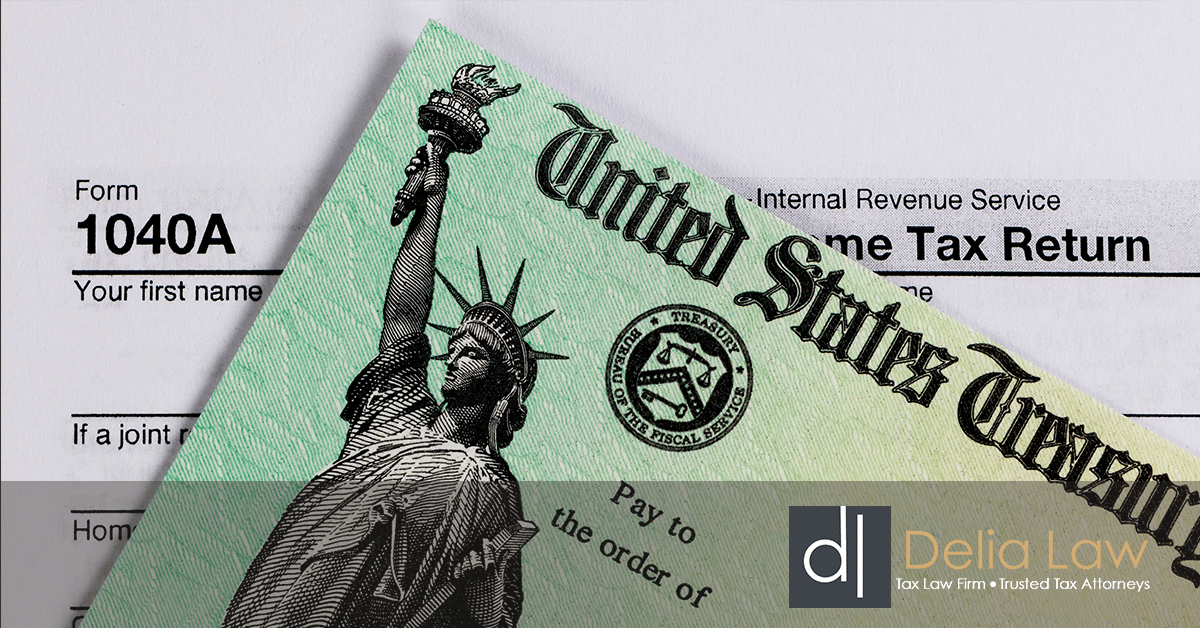When it comes to taxes, one of the worst things that can happen is having the IRS files a Notice of Federal Tax Lien against you. If you don’t file and pay your taxes, there is a possibility of this happening. Anyone facing a Federal tax lien knows that they can significant financial and emotional burden.
What Is a Federal Tax Lien?
Fundamentally, a tax lien represents a legal assertion against your property. Unlike a seizure of assets, such as a bank levy or wage garnishment, a tax lien does not involve the immediate taking of your property. Instead, it serves as the IRS’s method to establish priority rights to your assets ahead of other creditors. For instance, if you decide to sell your house, the IRS holds a claim on the proceeds equal to the amount of the attached tax lien. Thankfully, the assistance of a tax lien lawyer can aid you in pursuing the release of a tax lien.
What Are the Effects of a Federal Tax Lien?
There are many potential ramifications that come with a tax lien being filed against you:
- Damage to your credit report
- Difficulty qualifying for credit and insurance
- Difficulty in qualifying for financing and loans
- Risk of losing government contracts and business opportunities
- Homes with an attached tax lien are much harder to sell
How to Remove a Federal Tax Lien
Removing a federal tax ien is much harder than avoiding a federal tax lien. Once it has been filed agains you, it must either be removed by lien withdrawal or lien release.
Tax Lien Release: Release of a tax lien involves the removal of the lien’s encumbrance on your property. Once released, county records will be updated to indicate the lien’s removal. However, it’s important to note that the historical existence of the federal tax lien will persist on your credit report for a period of up to ten years.
In most cases, the IRS automatically releases federal tax liens after the full tax debt has been paid, typically within 30 days. To ensure accurate reporting, you should obtain a copy of the lien release from the IRS and forward it to the credit reporting bureaus for updating all credit reports.
Tax Lien Withdrawal: Withdrawing a federal tax lien means the IRS will revoke the lien, as if the lien was never filed. It used to be that withdrawals only occurred when the federal tax lien was filed in error (for example, if it was filed against the wrong person). Now, a taxpayer can get a release and then request a withdrawal after the release to lessen the effects of the tax lien (for example, the impact on your credit score).
There are a few reasons the IRS might withdraw a lien:
- The entire balance is paid off
- It was filed in error
- An offer in compromise or other settlement of the tax is utilized to satisfy the outstanding balance
- You bring the tax debt balance under $25,000, sets up an installment agreement, and makes three consecutive direct debit payments
- The lien becomes unenforceable. One example of this is when the ten-year collection statute has expired.
How a Tax Attorney Can Help
Managing an IRS tax lien on your property can be exceptionally challenging when it comes to navigating the intricate processes and required paperwork for lien removal, especially without legal guidance. A seasoned tax attorney can provide the assistance you need to decipher the most effective approach to address an IRS tax lien, facilitating a swift resolution to the matter.
An experienced attorney can meticulously examine the details and conditions outlined in the lien, scrutinize your tax record, and assess your present financial standing to identify the optimal strategy for resolving your IRS tax lien. A proficient tax attorney will assist you in navigating the necessary paperwork, ensuring you complete it accurately, and aid in compiling the required documentation for submission. Seeing as how legal documentation can be overwhelmingly convoluted and confusing, working with a tax attorney can significantly expedite and simplify the process of managing your IRS tax lien.
When you need IRS tax lien help in Los Angeles, California, call our team. Delia Tax Attorneys have solid experience dealing with IRS tax liens and can help you determine the best available remedy to your situation. Contact us today and schedule a consultation to find out how our firm can help.




